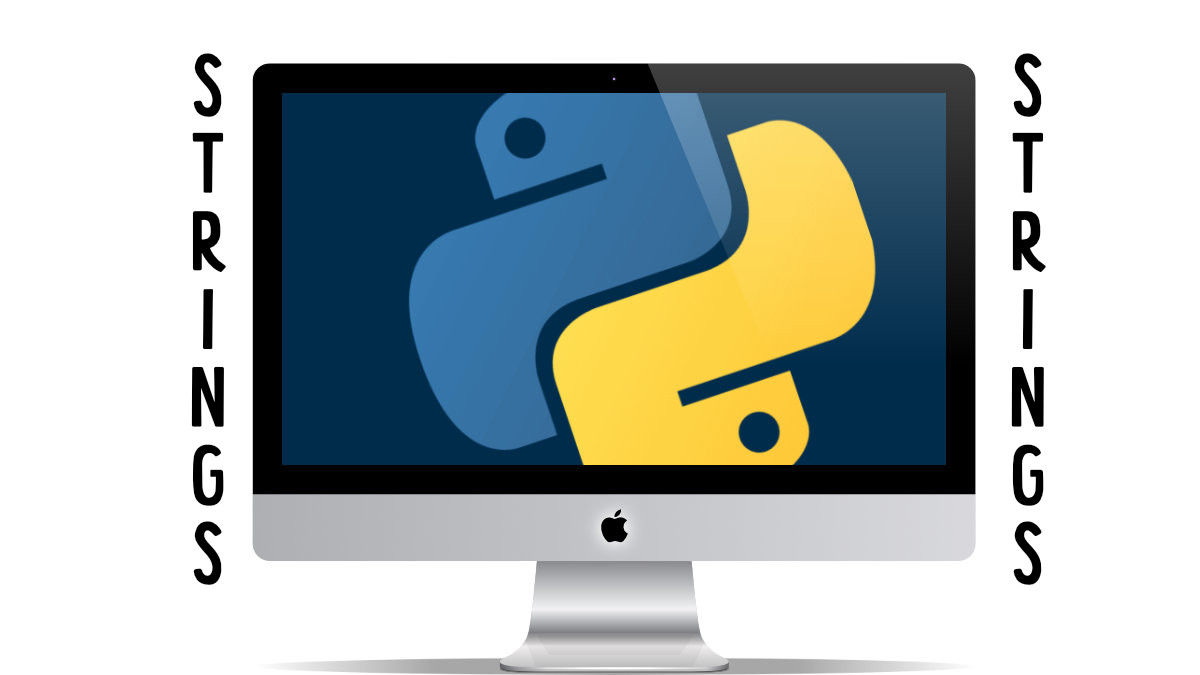Working with Python Strings
Some Practical Examples

Various code snippets on using strings in Python.
Getting a File to a String
This is useful when you have a list in a file and you want to use it in your code. At the end of this snippet, I shuffle the new list.
f = open('~/random/content/namelist.txt', 'r');
surnames = f.read();
f.close();
surname = surnames.splitlines()
random.shuffle(surname)
Replacing different words with a single replacement
An easy way to search/replace multiple items:
# Quick Utility Function
def replace_all(text, dic):
for i, j in dic.items():
text = text.replace(i, j)
return text
# Sample String
story = "author was set to move to state"
# dictionary with mixed keys
my_dict = {'author': 'John', 'state': 'Massachusetts'}
newstory = replace_all(story, my_dict)
print(newstory)
Use the String as a List
What if I wanted the 3rd word in a particular string?
# Sample string mytext = "Pleached Baloney Silurus Ramble Chemolytic Bidentate Malanders Brugnatellite" # Use Split to break the string newtext = mytext.split() # Now display the third word, keeping in mind the counter starts at zero print(newtext[2])
Counting the number of List Elements
thekeywords= ["sum", "fast", "snow", "Sawyer", "Pond"] totallines = len(thekeywords) print(totallines)
Looping through an List to output data
In this example, I am splitting up a string and shuffling the words:
import random
samplequote = "Today is gonna be the day that they're gonna throw it back to you"
samplequote2 = samplequote.lower().split()
random.shuffle(samplequote2)
# Create a function to display the Array, useful if you want to do something other than printing.
def print_list_elements(list):
for element in list:
print(element)
print_list_elements(samplequote2)
# Quick and Easy Way:
print("Really easy way:" + str(samplequote2))
# Show it as a new String, capitalize the first word in the sentence:
print(' '.join(samplequote2).capitalize() )
